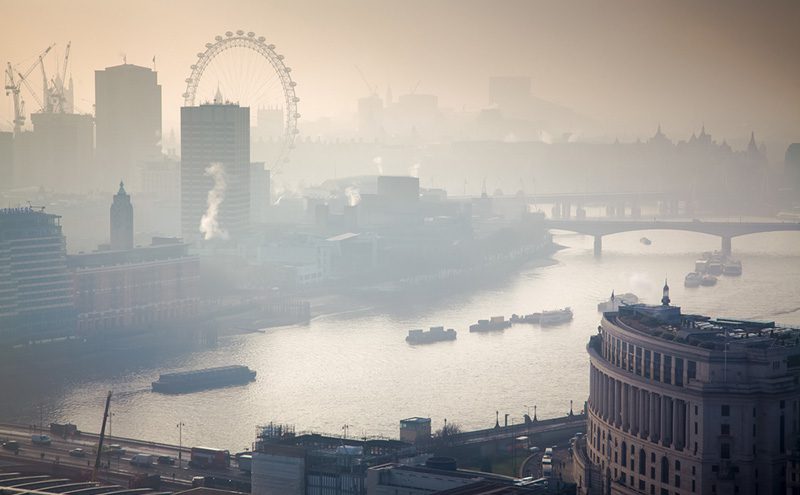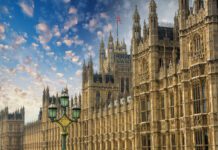The UK government has lost its third court case in a row for its failure to come up with a plausible plan to tackle poor air quality.
On 21 February the high court declared government policy on the matter “unlawful”, and condemned its inadequacy.
Reflecting broadly on the ruling, Matt Davies, of engineering consultancy Ramboll, felt that “central and local government have failed to grasp the nettle.” He said: “Too many town centres continue to experience congestion; too many school runs; too many parking places. With no framework for coherent action on improving local public transport, the switch from cars to buses and bikes is barely noticeable.”
“Of course, there are examples of new thinking – the creation of emission zones and cycle only lanes and initiatives to restrict petrol and diesel vehicles at peak times such as those being introduced in some London boroughs, but these remain exceptions rather than the rule. The promotion of electric and of automated vehicles is of course a positive step, but it will be many years before their use is widespread and there are some big hurdles in creating a charging point infrastructure that can support this uptake.”
“Evidence of the impacts of poor air quality on health is growing, and action on local air quality is needed now. Local authorities and Highway authorities need to shake up existing policies, many of which perpetuate traffic-centric thinking. Imagination and bravery is needed at the local plan level to facilitate real alternatives to car dependency. While it might not be popular at the moment, we should look to Europe for some of the best examples of urban planning and development and public transport infrastructure which limits car proliferation. And in the meantime, we should continue to commercialise alternatives to the combustion engine.”








